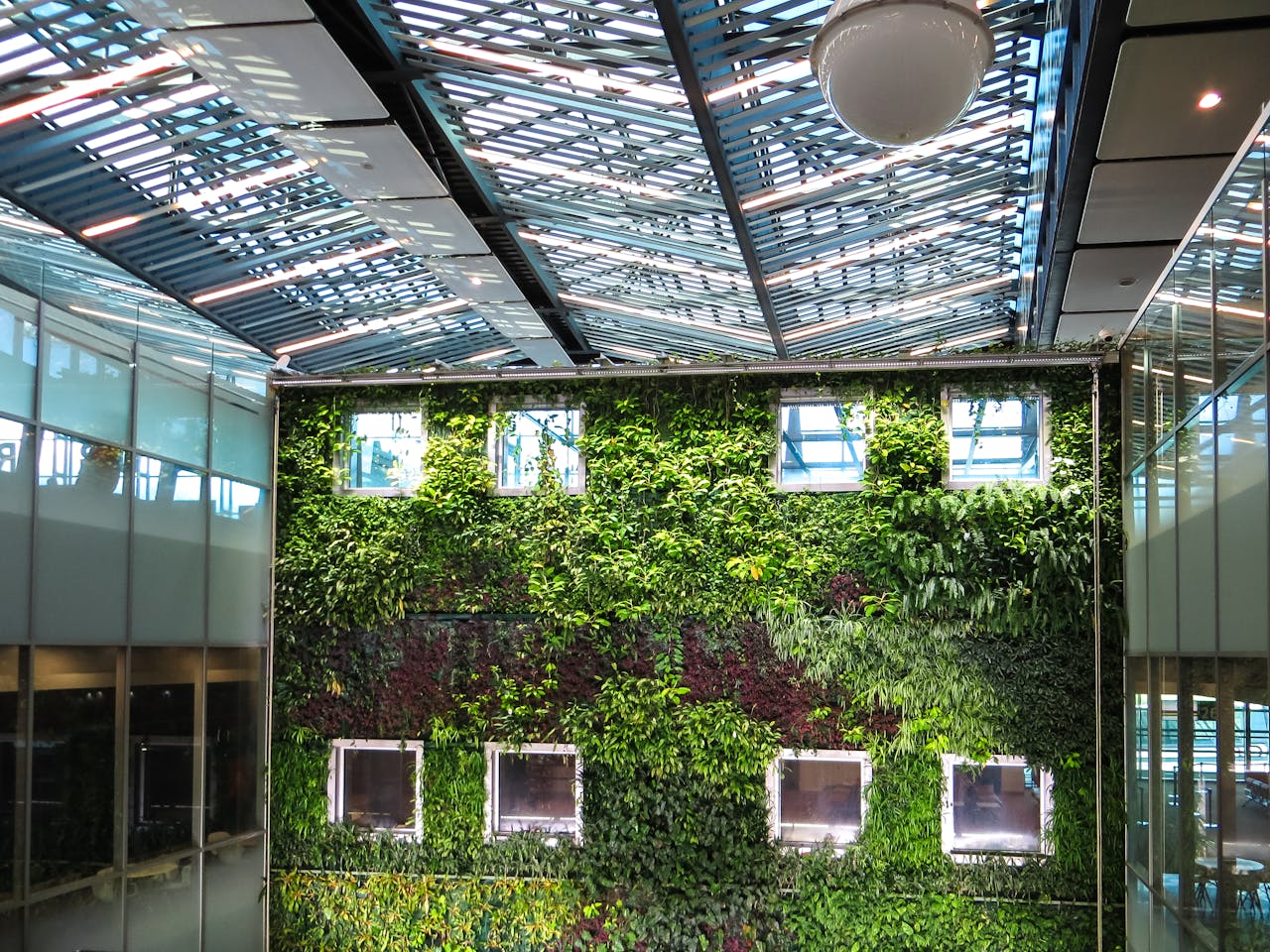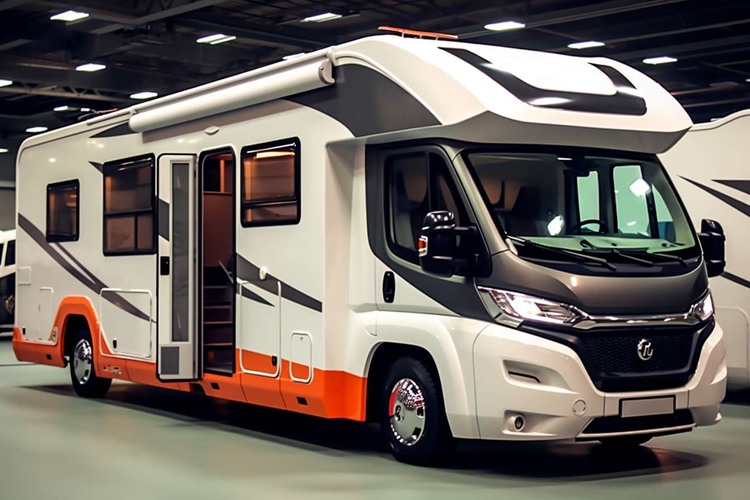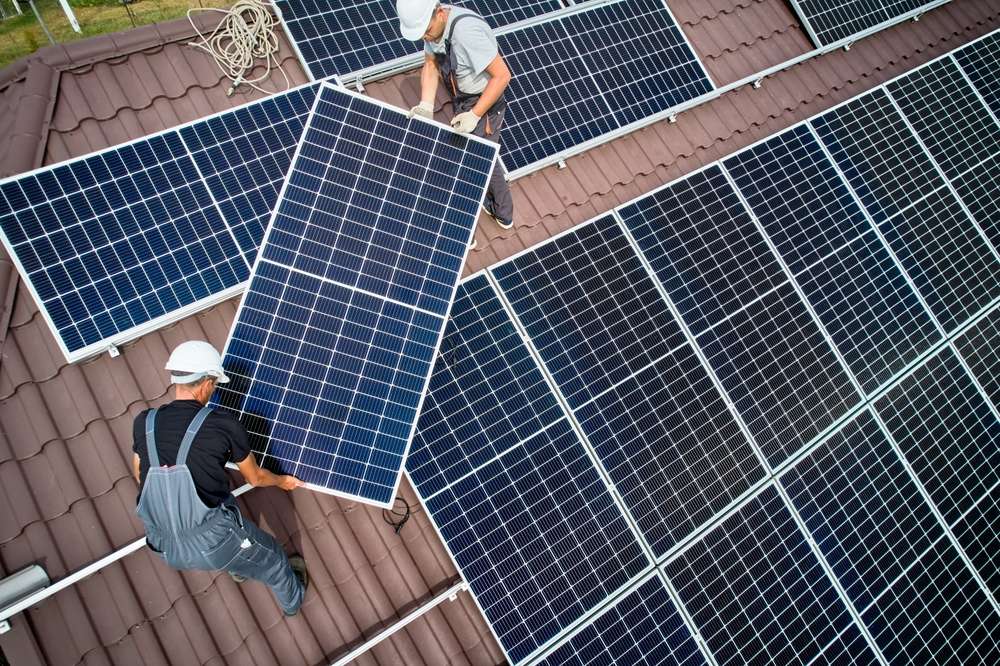Transform Your Workspace with Stylish Garden Office Solutions for a Productive and Inspiring Environment
Garden offices are reshaping how remote professionals organize their workspaces, blending comfort, design, and practicality within a natural outdoor setting. In 2025, these purpose-built structures are evolving from simple sheds into fully functional extensions of the modern home — offering calm, creative environments that promote focus and balance. From eco-friendly materials to modular architecture, garden office solutions highlight how style and productivity can thrive side by side in the era of hybrid work.
The traditional boundaries between home and office continue to blur as remote work becomes increasingly mainstream. Garden offices represent a thoughtful response to this shift, providing dedicated professional spaces that maintain separation from household distractions while maximizing the benefits of working from home. These standalone structures transform underutilized garden areas into functional, inspiring workspaces that support productivity and wellbeing throughout the workday.
Understanding the Concept of a Garden Office
A garden office is essentially a purpose-built structure located within residential garden space, designed specifically to function as a professional workspace. Unlike conventional home offices that occupy rooms within the main dwelling, these detached buildings create physical and psychological boundaries between work and home life. The separation helps maintain professional focus during work hours while preventing work responsibilities from encroaching on personal time after hours.
Garden offices typically range from compact pods suitable for individual use to larger structures that can accommodate small teams or multiple work zones. Their construction varies from traditional timber frames to contemporary modular designs, with most requiring minimal groundwork and falling within permitted development rights in many jurisdictions—though local building regulations should always be consulted before installation.
Design Innovations and Aesthetic Appeal
Modern garden offices have transcended the basic shed-like structures of the past, evolving into architecturally impressive spaces that complement residential properties. Contemporary designs feature expansive glazing that maximizes natural light while framing garden views, creating visual connections with nature that enhance creativity and reduce stress. Materials like sustainable timber, composite cladding, and living roofs not only provide aesthetic appeal but also improve thermal efficiency and environmental performance.
Interior design approaches for garden offices often emphasize flexibility and dual functionality. Clever storage solutions, multi-purpose furniture, and adaptable layouts allow these spaces to transition between different work modes or even accommodate leisure activities outside working hours. The aesthetic direction can range from minimalist Scandinavian influences that minimize visual distractions to biophilic designs that bring natural elements indoors through materials, textures, and planting schemes.
Creating a Productive Work Environment
The productivity benefits of garden offices extend beyond mere separation from household distractions. These spaces can be customized to support specific work requirements and personal preferences in ways that conventional offices rarely permit. Ergonomic furniture, personalized lighting schemes, acoustic treatments, and climate control systems can all be tailored to create optimal working conditions.
The psychological advantages are equally significant. Garden offices provide a dedicated transition space between home and work roles, supporting the mental shift between professional and personal mindsets. The journey to the garden office, however brief, serves as a valuable decompression zone that helps maintain boundaries between work responsibilities and home life. Additionally, the connection to garden surroundings introduces biophilic elements that have been shown to reduce stress, enhance concentration, and improve overall wellbeing.
Sustainability and Smart Features
Modern garden offices increasingly incorporate sustainable design principles and technologies that reduce environmental impact while improving functionality. High-performance insulation, energy-efficient glazing, and renewable energy systems like solar panels can create structures with minimal carbon footprints. Materials selection also plays a crucial role, with many manufacturers offering options like reclaimed timber, recycled composites, and non-toxic finishes.
Technology integration has become a defining feature of contemporary garden offices. Smart systems control heating, lighting, security, and ventilation through smartphone applications, allowing users to prepare their workspace remotely before arriving. High-speed internet connections, integrated charging stations, and adaptable power systems ensure these spaces support the full range of digital work requirements. Some advanced designs even incorporate automated environmental controls that adjust lighting and temperature based on occupancy patterns and external conditions.
Practical Considerations and Installation Process
Establishing a garden office involves several practical considerations beyond the structure itself. Site preparation, foundation requirements, and utility connections must be carefully planned. Most garden offices require stable, level bases—options include concrete pads, pile foundations, or ground screws depending on soil conditions and design weight. Connecting essential services like electricity typically involves professional installation, while plumbing and water connections may be necessary for designs incorporating bathroom facilities.
The installation timeline varies significantly based on design complexity. Pre-fabricated modular units can often be installed within days, while custom-built structures may require several weeks of on-site construction. Planning permissions and building regulations compliance should be addressed early in the process, with requirements varying based on location, structure size, and intended use. Many suppliers offer comprehensive services that manage these processes alongside design and installation.
Cost Considerations and Provider Comparison
Garden office investments vary considerably based on size, specification level, and customization requirements. Basic structures with minimal features typically start around $5,000, while high-specification custom designs with comprehensive technology integration can exceed $30,000. The investment extends beyond the structure itself to include site preparation, utility connections, furnishings, and potentially planning permission fees.
| Provider | Entry-Level Option | Mid-Range Option | Premium Option | Notable Features |
|---|---|---|---|---|
| Green Retreats | $8,000-$12,000 | $15,000-$20,000 | $25,000+ | Turnkey installation, 10-year warranty |
| Pod Space | $7,500-$15,000 | $18,000-$25,000 | $30,000+ | Eco-friendly materials, customizable layouts |
| Office Garden | $5,000-$10,000 | $12,000-$18,000 | $22,000+ | Quick installation, modular expansion options |
| Smart Garden Offices | $10,000-$15,000 | $18,000-$28,000 | $35,000+ | Premium insulation, advanced climate control |
Prices, rates, or cost estimates mentioned in this article are based on the latest available information but may change over time. Independent research is advised before making financial decisions.
Conclusion
Garden offices represent a thoughtful solution to the evolving nature of work, offering dedicated professional spaces that maintain the benefits of working from home while addressing many of its challenges. Their ability to create physical and psychological boundaries between work and personal life supports productivity and wellbeing, while contemporary designs ensure these structures enhance rather than detract from residential properties. As remote and flexible work arrangements continue to normalize, garden offices provide a sustainable approach to workspace design that prioritizes both professional effectiveness and personal quality of life.





